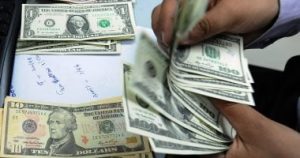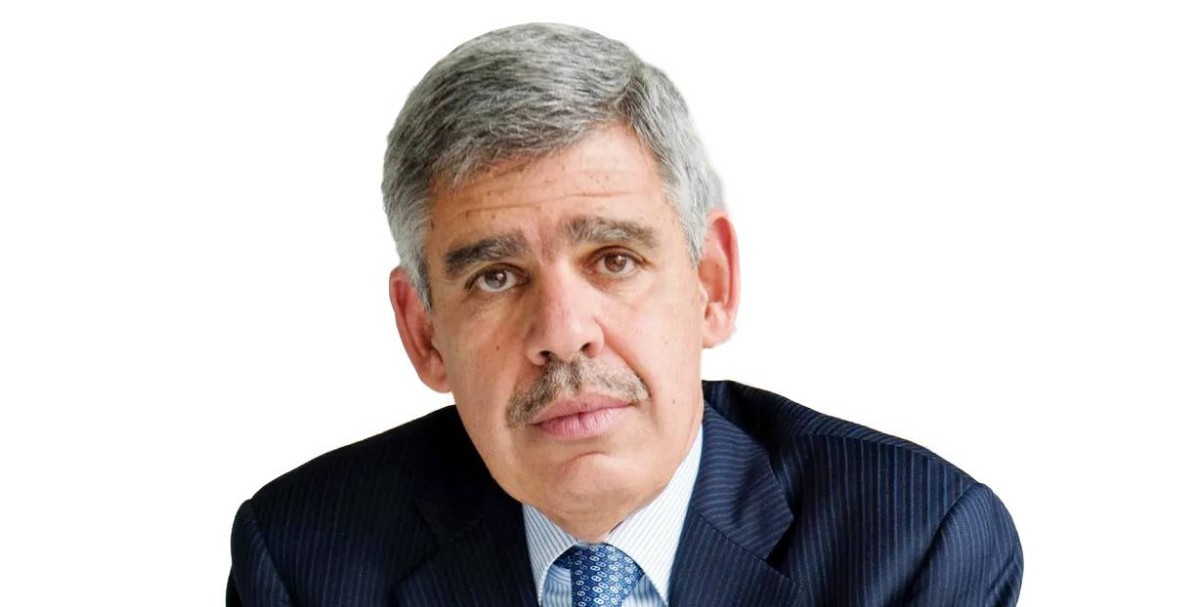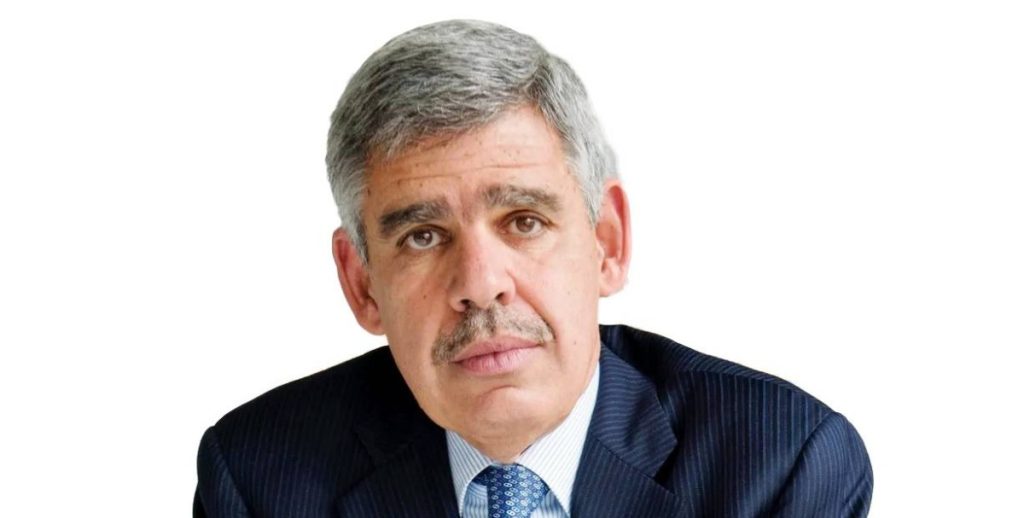Powell’s update at Jackson Hole, which included the idea of deliberately and moderately surpassing inflation, proved particularly ill-suited to the subsequent economic developments. Powell chairs the Federal Open Market Committee responsible for policy-making, which recently showed signs of division with two dissenting members for the first time in over 30 years. The US central bank faces increasing political pressure, including unproven allegations from the Trump administration targeting a current board member. Powell warned that downside risks to employment are rising and could quickly manifest as sharply higher layoffs and unemployment. Despite rising asset prices, traders largely ignored inflation-related conditions following his speech. Powell did not allocate sufficient time to address the structural evolution of the economy, including the labor market, the declared theme of this year’s symposium.
His speech focused on the periodic review of the monetary policy framework—how to continue the dual mandate of price stability and maximum employment. He reiterated that the principles of the August 2020 review have become largely irrelevant shortly after their announcement. Powell avoided detailed discussion on the need for greater communication and clarity, especially regarding Federal Open Market Committee meeting summaries and future policy guidance. He reaffirmed that the Fed has no interest in revisiting its 2% inflation target. This stance contrasts with the structural changes currently shaking the US economy, such as supply chain restructuring, labor market changes, and international trade reorganization. Powell’s narrow approach missed a valuable opportunity. He also avoided escalating the heated political debate surrounding the Fed, preferring not to address the issue of central bank independence.
He remained silent on allegations against a fellow board member, which prompted President Donald Trump to threaten dismissal if she did not resign. By postponing strategic vision issues and avoiding mention of Fed reforms, Powell has left it to his successor to tackle the major challenges facing the world’s most influential central bank.














Recommended for you
Talib Al-Rifai Chronicles Kuwaiti Art Heritage in "Doukhi.. Tasaseem Al-Saba"
Exhibition City Completes About 80% of Preparations for the Damascus International Fair Launch
Unified Admission Applications Start Tuesday with 640 Students to be Accepted in Medicine
Egypt Post: We Have Over 10 Million Customers in Savings Accounts and Offer Daily, Monthly, and Annual Returns
His Highness Sheikh Isa bin Salman bin Hamad Al Khalifa Receives the United States Ambassador to the Kingdom of Bahrain
Al-Jaghbeer: The Industrial Sector Leads Economic Growth